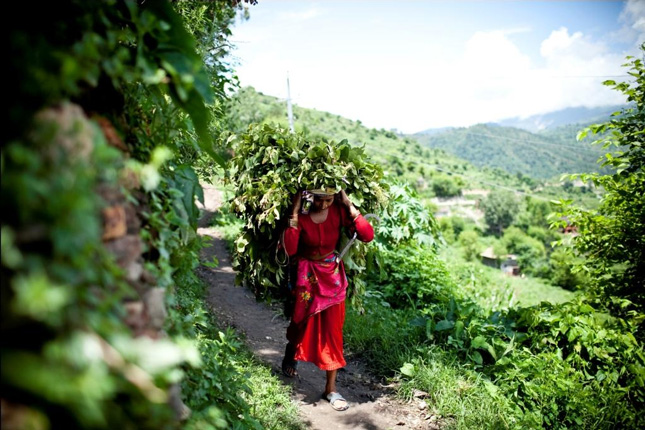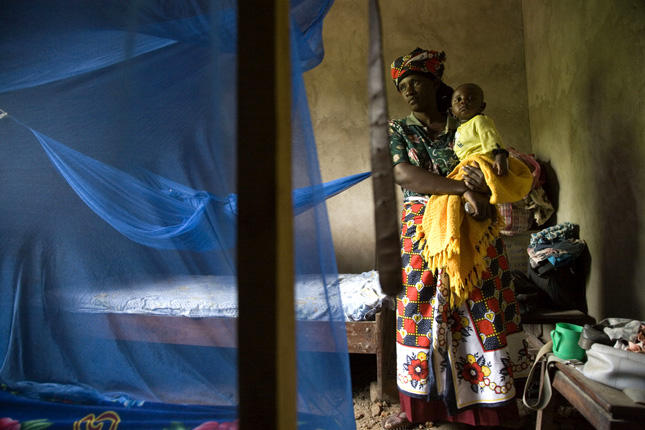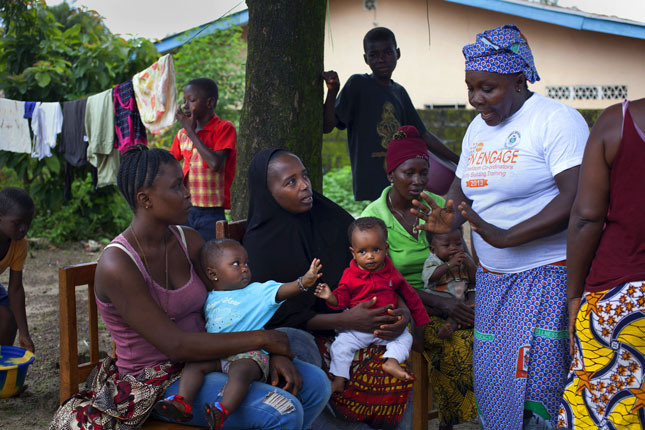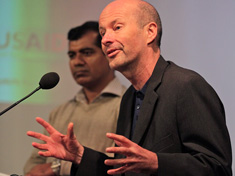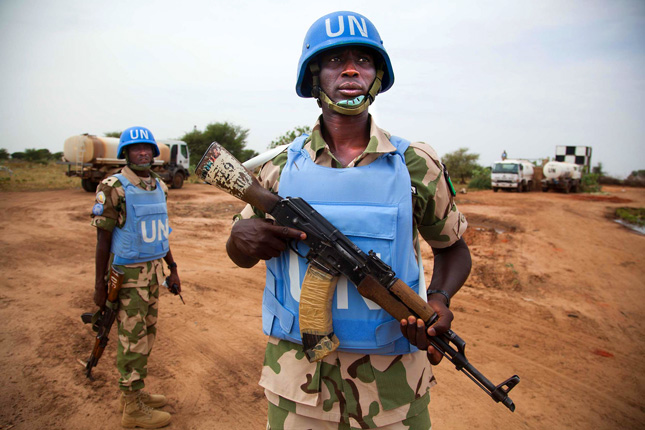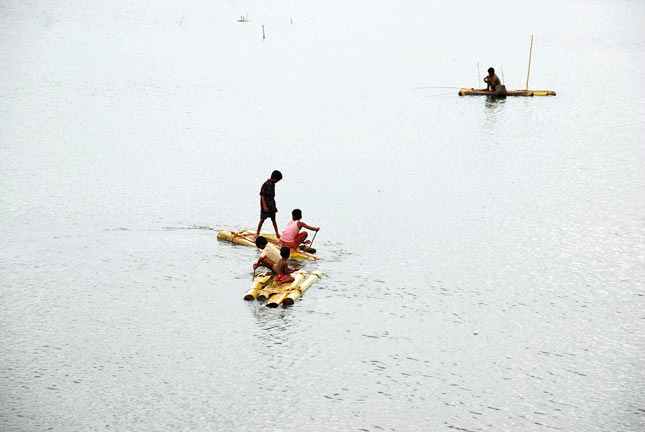-
Re-Thinking Climate Interventions in Fragile and Conflict-Affected States: Insights From Nepal
›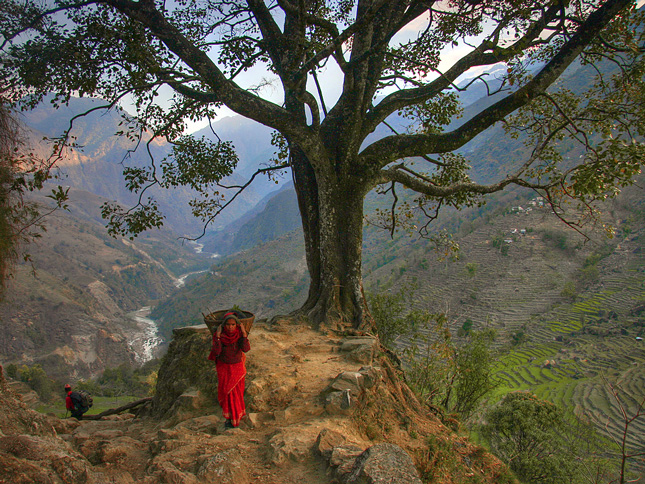
While much of the debate around climate financing focuses on “how much,” an equally important question is “how?”
-
Integrated Development, Focus on Empowerment Builds Resilience in Nepal
›
From the mountains and foothills of the Himalayas to the Terai plains, climate change is rapidly changing life in Nepal. Many communities however, are not strangers to environmental stress; for decades, rapid population growth alongside agriculture and fuelwood collection have degraded land and diminished forests. [Video Below]
-
Are We Keeping up With Asia’s Urbanization?
›
There is widespread agreement, and untold publications, that argue urbanization is the defining issue of our time. There are more cities, both large and small, and more people living in those cities than anytime in human history.
-
Jeffrey Gettleman, The New York Times
Mosquito Nets Used for Fishing Raise Sustainability, Health Questions
›January 28, 2015 // By Wilson Center Staff
BANGWEULU WETLANDS, Zambia – Out here on the endless swamps, a harsh truth has been passed down from generation to generation: There is no fear but the fear of hunger.
-
Bridging the Gap: Family Planning, Rights, and Climate-Compatible Development
›
“There is no magic bullet or solution to resolving climate change quickly,” said the Population Reference Bureau’s Jason Bremner at the Wilson Center on October 28. “Our next 100 years will be far different from the last 100 or the last 1000…and it has become clear that nations will have to pursue many strategies in order to reduce emissions, build resilience, and adapt.” [Video Below]
-
David Lewis: To Avoid Reinforcing Status Quo, Focus on Understanding Livelihood Systems
›
As the idea of resilience has received more attention from policymakers as a guiding principle for climate change response and development, so too has it garnered more criticism, says David Lewis in this week’s podcast. By implying a “natural” return to a previous condition, resilience thinking could inadvertently promote limited policies that don’t go as far as they could in aiding those most at-risk.
-
Low Oil Prices Could Shake up Africa’s Petro States
›
One in five African states produce hydrocarbons, and most of these are heavily dependent on oil and gas revenues to finance their governments and generate foreign exchange. Further, an emerging group of East African states are waiting on international oil companies to develop new oil and gas reserves. But Africa’s record using non-renewable oil and gas resources to trigger economic and social development is poor – and plummeting prices may portend more instability to come.
-
Living Through Extremes: Livelihood Systems Key to Effective, Empowering Resilience Measures
›
As climate change upends established patterns of life, resilience – the ability of social and ecological systems to mitigate, endure, and adapt to short-term shocks and long-term stressors – has become a buzzword in development and humanitarian circles. [Video Below]
Showing posts from category poverty.


